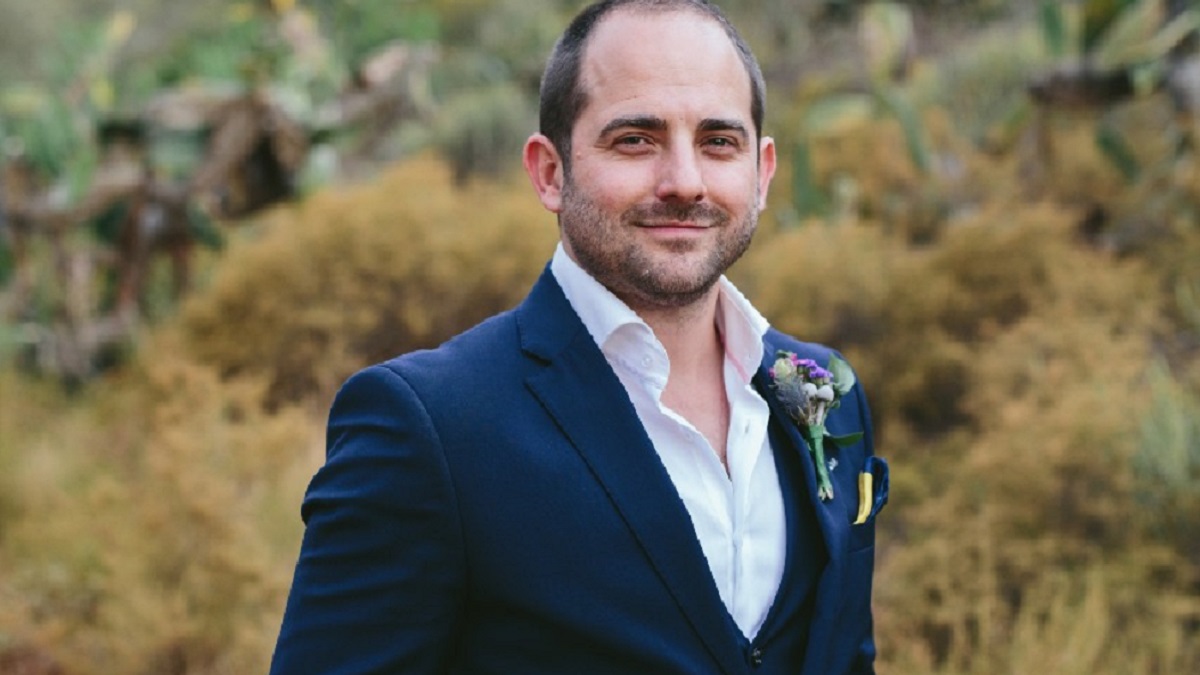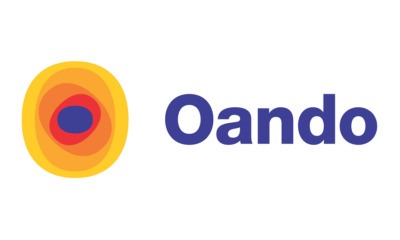Nairobi’s infrastructure has grown significantly, sparking investment not only in the hospitality sector but broadly across all real estate asset classes
NAIROBI, Kenya, April 10, 2024/APO Group/ —
Hospitality has bounced back remarkably after the challenges posed by the COVID-19 pandemic, emerging as one of the best-performing asset classes in 2023. This resurgence is particularly notable in Nairobi. The strategic position of Kenya’s capital city serves as an East African hub for various industries, including corporate, government, MICE (Meetings, Incentives, Conferences, and Exhibitions), embassies and tourism, which makes it an attractive destination for hospitality and residence brands. The increasing and diversifying demand for accommodation is creating meaningful opportunities for market expansion and business growth.
This buoyant view reflects the insights of the thought leaders who will explore opportunities in East Africa’s fastest growing and most resurgent sector at the 11th annual East Africa Property Investment (EAPI) Summit Hospitality & Residences Forum on 17 and April 2024 in Nairobi, Kenya. The forum will cover key hospitality trends, from greening to financing, development, resorts, safari, and more, creating a crucial platform for stakeholders in the hospitality and residence sectors.
The event will convene at the landmark Radisson Blu Upperhill, which recently received an EDGE (Excellence in Design for Greater Efficiency) rating, showcasing East Africa’s potential for sustainable and efficient hospitality development.
Radisson Hotel Group is the lead sponsor of the EAPI Hospitality Forum, and its Senior Director, Development – Sub-Sahara Africa, Daniel Trappler, is a guest speaker at the gathering. Looking at the hospitality market, Trappler reports that demand drivers are creating the need for accommodation in Nairobi — both short stay and long stay. “As demand continues to grow in all segments, this has balanced the influx of international and regional brands developing over the past decade, sidestepping the potential risk of oversupply. Hotel operators can continue to benefit from good business by operating hotels in the East African hub.”
Trappler highlights that hospitality is a key economic driver, employment creator and focal property type in regions throughout East Africa.
Fiona Craw, JLL’s Vice President – Hotels & Hospitality Group, Sub-Saharan Africa, reports that JLL is seeing growing interest from investors, especially in markets such as Nairobi and Zanzibar. Craw also notes that private equity funds have been key in driving the transaction market in Nairobi over the past 48 months. “Hotels globally are emerging as a preferred asset class with global revenue per available room (RevPAR) recovering well, driven by strengthening urban performance. While the hospitality sector was the most severely affected by the pandemic, it has been one of the fastest asset classes to recover across Africa and East Africa.”
While the hospitality sector was the most severely affected by the pandemic, it has been one of the fastest asset classes to recover across Africa and East Africa
Even so, Craw points out that access to capital for hotel developments will remain challenging in the short term. The resultant significantly lower pipeline of new developments across the region has created a strong performance narrative for existing hotels. “This was evident in 2023 with the Nairobi hotel market achieving higher occupancies and average daily rates than in 2019 pre-pandemic,” says Craw, adding, “A key change driving demand is accessibility.”
Nairobi’s infrastructure has grown significantly, sparking investment not only in the hospitality sector but broadly across all real estate asset classes. A game changer for the Nairobi hotel market was the opening of the Express Way in 2022, creating ease of access between Jomo Kenyatta International Airport and Westlands, the key commercial hub. “As a result, hospitality brands have been increasing their presence over the years, with all the key operators and brands actively looking at expanding their portfolio not only in Nairobi but across secondary cities in Kenya,” reveals Craw.
This expansion is opening doors for development-focused regions to construct hotels designed and operated for high efficiency, resulting in utilities cost savings for owners, lower future regulatory capex requirements and better access to green funding. “Moreover, embedding environmental, social and governance (ESG) principles into hotel management agreements aligns the goals of the property owners and operators since investors and stakeholders are paying more attention to these aspects in the hospitality sector.” Africa is rapidly advancing in sustainable hotel practices.
Focusing on the short-term rental and residence sectors in Nairobi, Eleni Georgopoulou, Founder and CEO of YourHost Ltd, says demand is growing significantly, driven by factors such as economic growth, improved transport connectivity, the burgeoning middle class, and online booking platforms. “The likes of Airbnb, Booking.com, and VRBO have revolutionised the hospitality industry. People now have access to a wide range of accommodation options, including short-term rentals, making it more convenient and accessible to both domestic and international travellers.”
While demand is being met with adequate supply, and there are concerted efforts to continually improve the experiences at these properties, Georgopoulou notes that there is still room to do more. “It is crucial to ensure that there are enough properties to cater to a wide range of budgets and preferences to ensure customer satisfaction. Developers are actively constructing new properties and refurbishing existing ones to meet travellers’ changing preferences. They are introducing fresh, modern designs, prioritising and expanding their guest services, instilling guest confidence with robust security measures, embracing sustainability practices and green principles, and integrating smart technology to make stays seamless.”
Commenting on Radisson Hotel Group’s sponsorship of the event, Trappler says, “Radisson Hotel Group is proud to sponsor this year’s EAPI Hospitality Forum, which is a strong platform to display the growth of the market and further understand how its players are performing and evolving. As our group pushes more to enter both the Tanzania/Zanzibar and Ugandan markets, meeting players from these regions is hugely valuable, and not just those from the hospitality space, but also the larger real estate sector in general.”
The Hospitality & Residences Forum of the 11th East Africa Property Investment Summit will take place on 17 April 2024 at Radisson Blu, Upper Hill, Nairobi, Kenya. For more information and to book a place at the EAPI Summit visit https://EAPISummit.com.
Distributed by APO Group on behalf of API Events.


 Business5 days ago
Business5 days ago
 Business5 days ago
Business5 days ago
 Energy5 days ago
Energy5 days ago
 Business5 days ago
Business5 days ago
 Energy3 days ago
Energy3 days ago
 Business5 days ago
Business5 days ago
 Business3 days ago
Business3 days ago
 Business3 days ago
Business3 days ago












